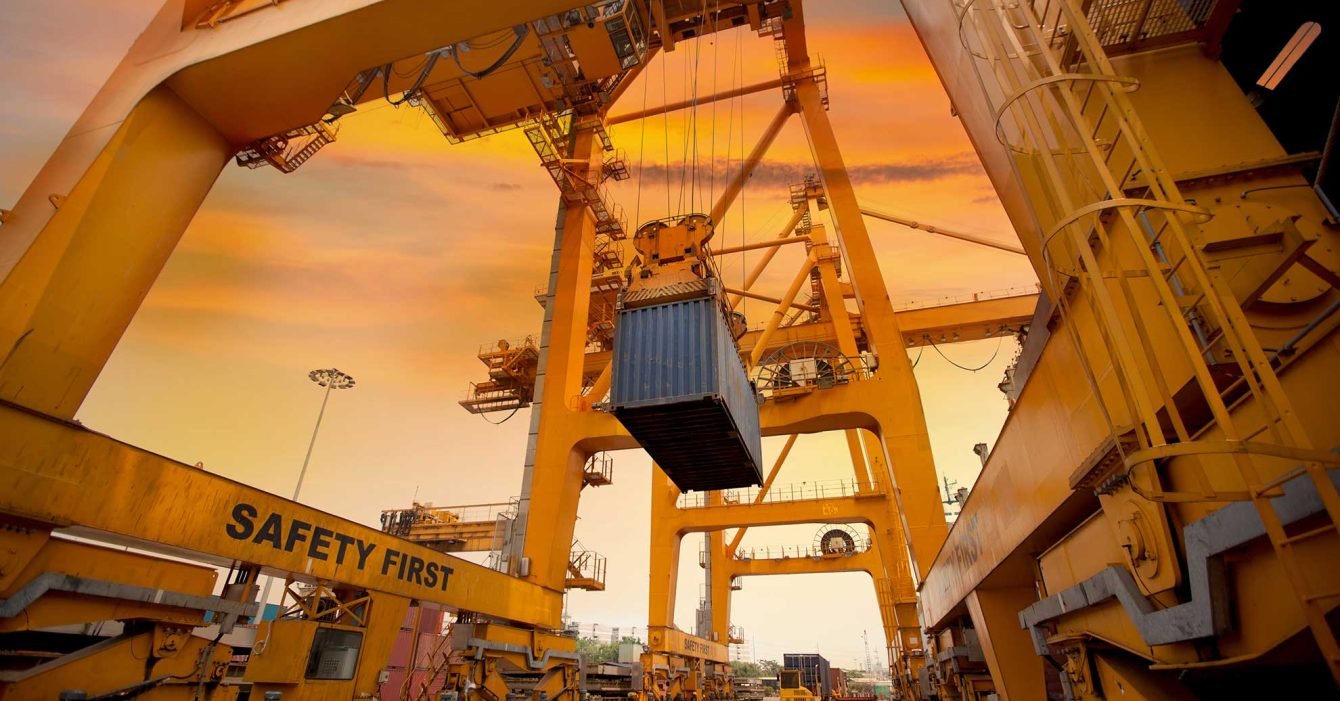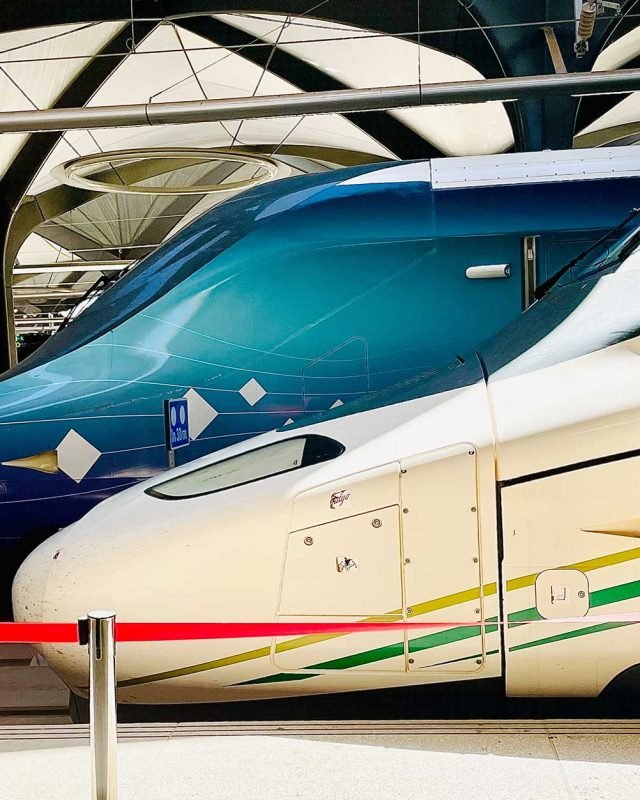In recent years, Saudi Arabia has been making significant strides in reshaping the global logistics landscape, playing a pivotal role in enhancing the efficiency and connectivity of international trade. This article delves into the Kingdom’s logistics revolution, exploring its ambitious vision, notable achievements, and its impact on global trade dynamics.
Visionary Logistics Transformation: A Cornerstone of Saudi Vision 2030
Saudi Arabia’s logistics revolution is an integral part of its overarching vision—Saudi Vision 2030. This ambitious roadmap aims to diversify the Kingdom’s economy and reduce its dependence on oil revenues. At its core is the transformation of logistics and transportation infrastructure to position Saudi Arabia as a global logistics hub.
Revolutionizing Ports and Terminals
A critical component of Saudi Arabia’s logistics revolution is the development and expansion of its ports and terminals. The strategic location of the Kingdom along major international trade routes makes it an ideal transshipment hub. The King Abdullah Port in King Abdullah Economic City, strategically located on the Red Sea, has rapidly emerged as one of the world’s fastest-growing ports. It boasts state-of-the-art facilities and efficient operations, serving as a key gateway for goods destined for not only Saudi Arabia but also the broader region. This development exemplifies Saudi Arabia’s commitment to enhancing its maritime infrastructure to facilitate global trade.
Investment in Rail Networks
Saudi Arabia is actively investing in its rail infrastructure to streamline the movement of goods within the Kingdom and across borders. The North-South Railway and the Haramain High-Speed Rail are significant projects that enhance connectivity and transportation efficiency. The Haramain High-Speed Rail, for example, connects the holy cities of Makkah and Madinah with Jeddah and King Abdullah Economic City. It not only facilitates the movement of pilgrims but also provides a high-speed freight option, reducing transit times for goods transported to and from the western region of Saudi Arabia.
Integration of Technology
The Kingdom’s logistics revolution also leverages advanced technologies to optimize operations and enhance efficiency. The use of blockchain technology in supply chain management ensures transparency and security in the movement of goods. Smart ports and automated logistics solutions are further streamlining processes, reducing costs, and improving reliability.
Trade Facilitation
Saudi Arabia’s commitment to trade facilitation is evident in its efforts to streamline customs procedures and reduce trade barriers. The integration of customs processes through the Fasah platform, for instance, simplifies and expedites customs clearance, making it more convenient for importers and exporters to navigate trade regulations.
Global Connectivity
Saudi Arabia is actively fostering global connectivity by establishing trade agreements and partnerships with key international players. The Kingdom’s membership in the Gulf Cooperation Council (GCC) and its engagement in initiatives like the Belt and Road Initiative (BRI) have expanded trade opportunities and strengthened economic ties with countries around the world. These agreements enhance Saudi Arabia’s role as a global trade facilitator.
The Promising Path Ahead
As Saudi Arabia continues to invest in its logistics infrastructure and spearhead initiatives to enhance global trade, the future appears exceedingly promising. The Kingdom envisions itself as a central hub in the global supply chain, facilitating the movement of goods across continents.
In conclusion, Saudi Arabia’s logistics revolution is not only reshaping its own economic landscape but also redefining its role in global trade. The commitment to modernizing infrastructure, embracing technology, and fostering international partnerships positions the Kingdom as a key player in enhancing the efficiency and connectivity of international commerce. Saudi Arabia’s logistics transformation aligns seamlessly with its broader economic goals and stands as a testament to its dedication to becoming a global logistics powerhouse.




